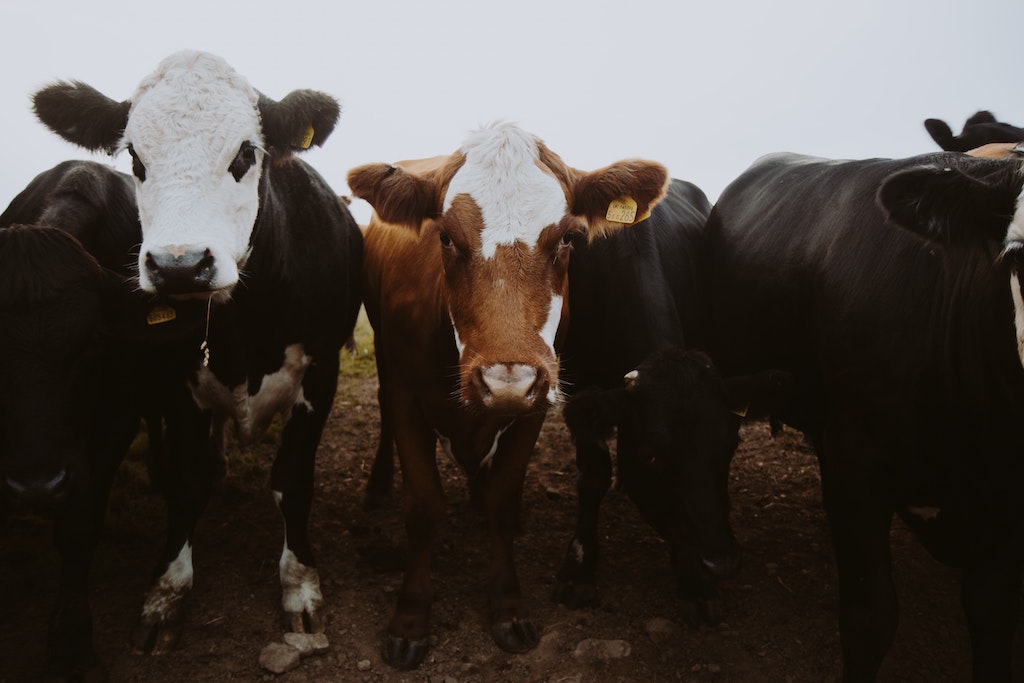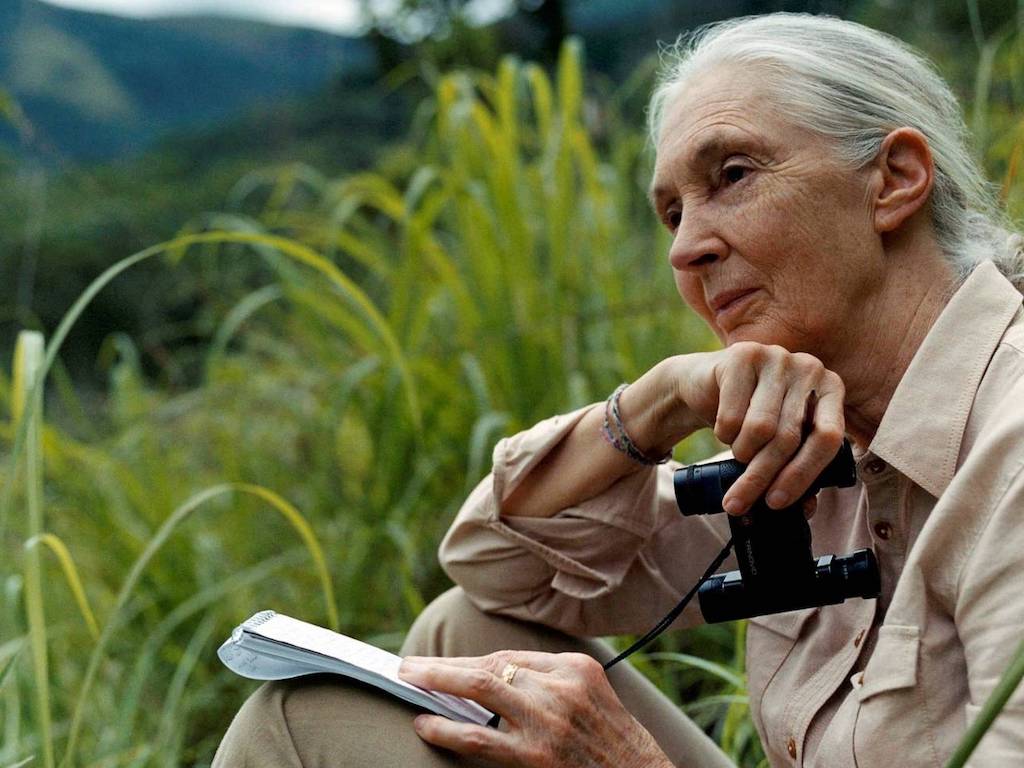4 Mins Read
There’s an urgent need to shift to more sustainable plant-based diets. That’s the message in a new letter signed by renowned conservationist Dr Jane Goodall and over 60 other leading scientists. To encourage this shift, the scientists say there must be an end to funding advertisements promoting animal-based foods.
A group of international scientists are urging the European Commission to stop funding animal food advertisements. Addressed to the vice president of the European Green Deal, Frans Timmermans, the letter says a shift to healthy climate-friendly diets is necessary.
“We call on the European Commission to reform the EU promotion policy for agricultural products,” read the letter. “So that it provides support and incentives for the crucial shift to more plant-based diets in Europe, for the benefit of animals, people and the planet.”

[The E.U.] well understands the need for a shift away from animal products towards more plant-rich diets. But its policy for funding food ads doesn’t yet reflect this.
Jane Goodall
Global scientists and experts: eat more plant-based
Signatories of the letter included some of the most prominent names in the biodiversity, climate and health fields. Among them were Dr Jane Goodall, the world-famous primatologist and conservationist and United Nations Messenger of Peace.
“The European Commission’s recent food and cancer policies show it well understands the need for a shift away from animal products towards more plant-rich diets,” said Goodall. “But its policy for funding food ads doesn’t yet reflect this.”
Goodall has previously called for a widespread shift to plant-based diets for the benefit of humanity and animals.
Marc Abraham, the television broadcaster and veterinarian known as “Marc the Vet” also signed the letter. Other names include biology professor Dave Goulson of the University of Sussex and sustainability science expert at Exeter’s Global Systems Institute Dr. James G Dyke.
Read: Advertising industry is fuelling high-carbon consumerism, from meat to cars

A tsunami of overproduction and overconsumption of animal products in the EU has overwhelmed nature.
Jane Goodall and 60 other leading scientists
70% of E.U. farming footprint comes from animal agriculture
Agriculture makes up more than 10% of Europe’s carbon emissions—and at the centre of it is livestock farming. Scientists pointed out animal agriculture in the E.U. makes up a whopping 70% of its farming emissions. The sector also drives 68% of the region’s farmland use.
“A tsunami of overproduction and overconsumption of animal products in the EU has overwhelmed nature,” they wrote. “Land-use change related to these activities is the most widespread driver of biodiversity loss. Intensification of crop production for concentrate feed demanded by industrial animal production leads to soil degradation, overuse and pollution of water, and air pollution.”
Despite the bloc’s earlier pledges to improve food sustainability, little has been done to discourage people from eating high-carbon foods. In fact, the Commission has spent nearly a third of its €200 million annual budget for agriculture on advertising animal products.
“This policy needs reform so that it supports public health, environmental protection and animal welfare instead of putting them at risk,” urged the scientists.

Health risks of meat consumption
In addition to harming the environment and wildlife, eating too many animal products is leading to harmful human health outcomes. The scientists cited evidence linking high intake of red and processed meat to heart disease, obesity, diabetes and certain cancers.
Even the E.U. Farm to Fork Strategy notes the negative impacts of high meat consumption. It estimates that as many as 950,000 deaths and over 16 million lost healthy life years in 2017 were “attributable to unhealthy diets, mainly cardiovascular diseases and cancers.”
The plan also recognises that “moving to a more plant-based diet with less red and processed meat and with more fruits and vegetables will reduce risks of life threatening diseases.”
Previously, leading health professionals have penned a letter asking for an end to funding factory farms given its role in fuelling zoonotic pandemics as well.
Lead image courtesy of Jane Goodall Institute.




